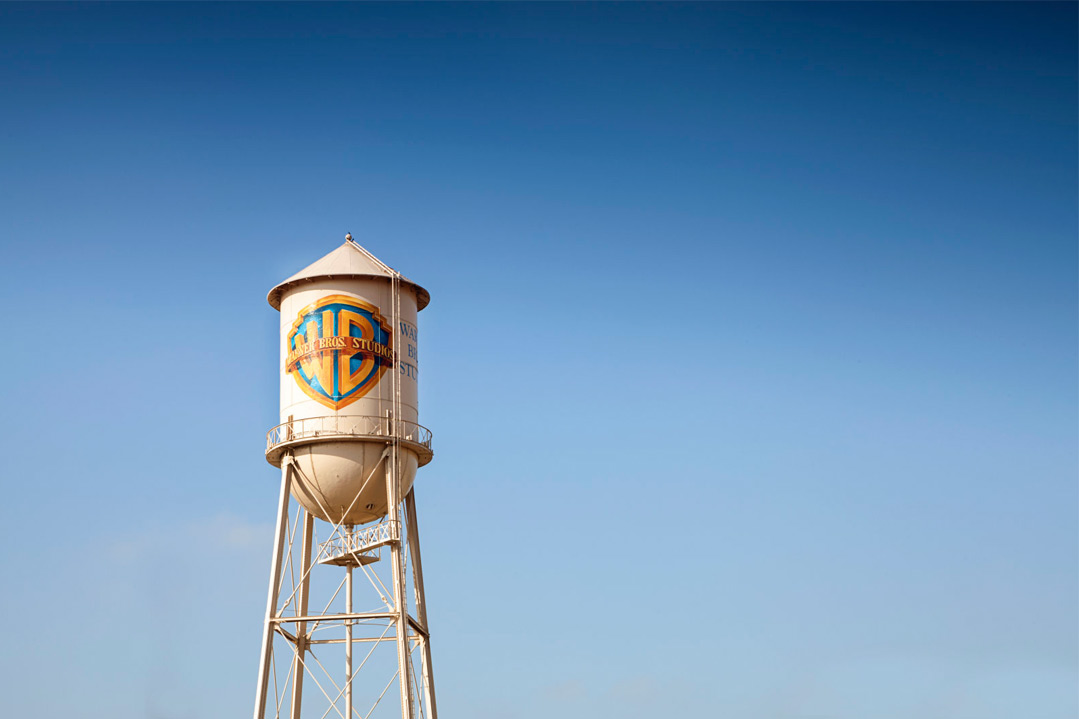The American entertainment company Warner Bros. has signed a deal with Cinelytic, a startup from Los Angeles that uses AI to predict film success.
With the partnership, Warner Bros. can leverage the system’s data and predictive analytics to guide decision-making at the "greenlight stage". The integrated online platform can assess the value of a star in any territory, and how much a film is expected to earn in theaters and on other streams.
Cinelytic’s software also allows Warner Bros. to model a pitch; input genre, budget, actors, and so on, and then see what happens when the individual elements are tweaked.
In other words, the system is supposed to help the studio's executives find patterns in the numbers that might be missed by human eyes.
This should be useful in times like when studios get caught in bidding wars.
While the platform won’t necessarily predict what will be the next $1 billion box office movie, it can reduce the amount of time the people at the studio spend on low-value, repetitive tasks, and instead give them a more comprehensive data for packaging, marketing and distribution decisions, including release dates.

According to In an interview with Cinelytic’s CEO Tobias Queisser:
"What it is good at is crunching numbers and breaking down huge data sets and showing patterns that would not be visible to humans. But for creative decision-making, you still need experience and gut instinct."
Hollywood has long use gut instincts rather than algorithms to predict things. This is unlike Silicon Valley where tech thrives and AI is used in more than many.
People in the entertainment industry rely more on people than technology, because for better or worse, they fear that too much tech can take away jobs and make humans obsolete. Queisser counters that opinion.
“Artificial intelligence sounds scary. But right now, an AI cannot make any creative decisions,” he said. “What it is good at is crunching numbers and breaking down huge data sets and showing patterns that would not be visible to humans. But for creative decision-making, you still need experience and gut instinct.”
While AI has been proven to help a lot of things, many AI experts are skeptical about the ability of algorithms to make predictions in a field that is unpredictable like filmmaking.
Because machine learning applications are trained on historical data, they tend to be conservative, focusing on patterns that led to past successes rather than predicting what will excite future audiences. Scientific studies also suggest algorithms only produce limited predictive gains, often repeating obvious insights.
Andrea Scarso, a film investor and Cinelytic customer, said that the startup’s software hadn’t ever changed his mind, but rather “opens up a conversation about different approaches.”
“You can see how, sometimes, just one or two different elements around the same project could have a massive impact on the commercial performance.”
The Verge reported in 2019 that Cinelytic is just one of a some startups leveraging AIs to forecast film performance.
“We make tough decisions every day that affect what — and how — we produce and deliver films to theaters around the world, and the more precise our data is, the better we will be able to engage our audiences,” Warner Bros.’ senior vice president of distribution, Tonis Kiis, told THR.
Cinelytic has been around since 2016, and has built and tested AI platforms for years. Regardless of what Warner Bros. has in mind with Cinelytics, the step forward is that Hollywood starts to slowly embrace machine learning.